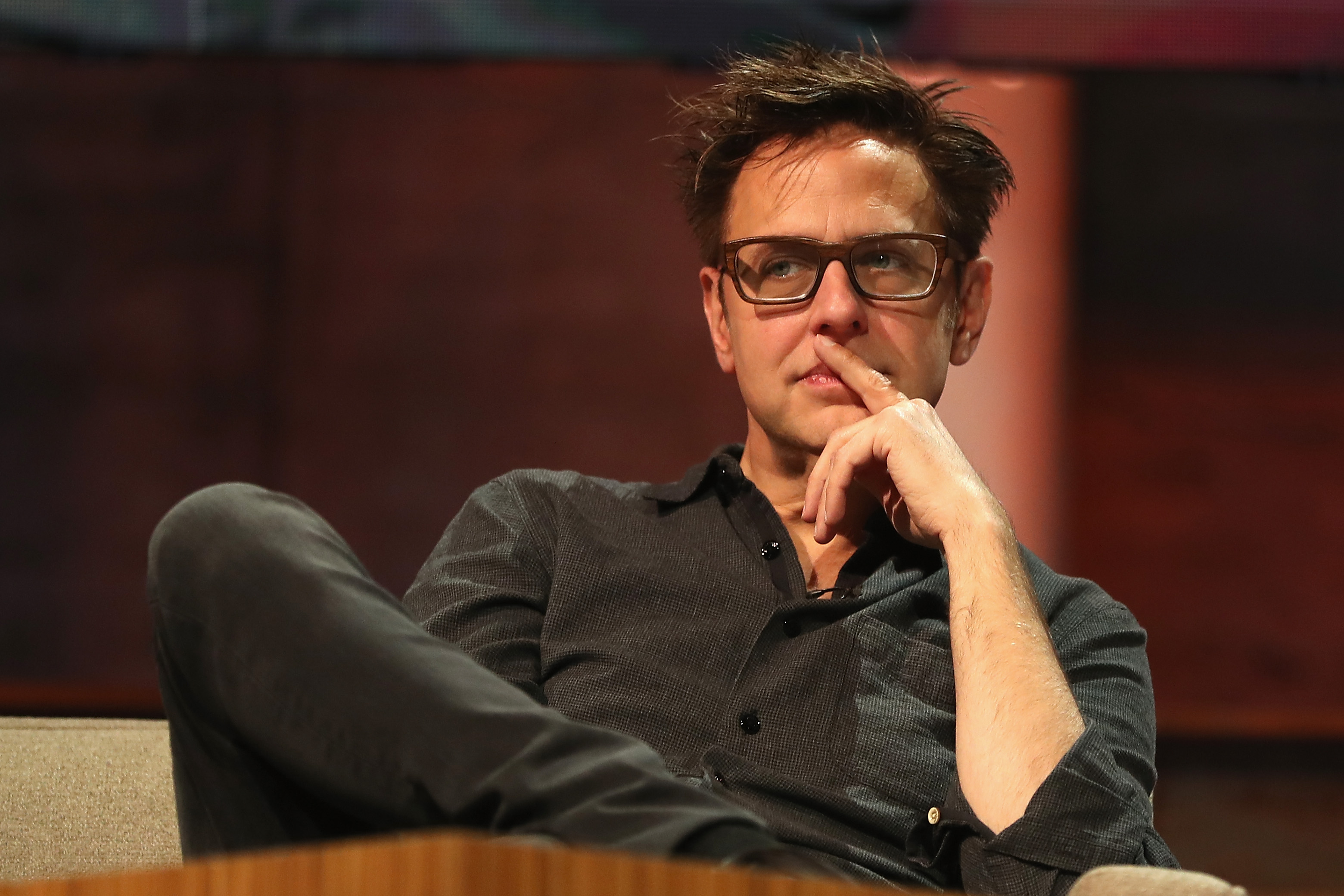What celebs can learn from Kevin Hart, James Gunn and Shila Iqbal when tackling statements from their past

Shila Iqbal is the latest celebrity to come under fire for old, offensive tweets. The actress, who till now played the role of Aiesha Richards on ITV's soap 'Emmerdale', had become a series regular only at the end of March. A spokesperson for the soap said, "As a consequence of historic social media posts Shila Iqbal has left her role as Aiesha Richards on 'Emmerdale'. The programme took the decision not to renew her contract as soon as these posts were brought to the company's attention."

In 2018, James Gunn was fired from directing the third installment of the franchise 'Guardians of the Galaxy' by The Walt Disney Co. after old tweets of him joking about sensitive subjects like rape and pedophilia resurfaced. In another instance, Roseanne Barr's show 'Roseanne' was canceled by ABC (and her representation ICM also dropped her as a client) for her racist tweet.
While the contents of the previous tweets have not been revealed, Iqbal issued a public statement saying, "I am terribly sorry and take full responsibility for my use of such inappropriate language. I have paid the price and can no longer continue the job I loved the most at 'Emmerdale'. Although I was young when I made the tweets, it was still completely wrong of me to do so and I sincerely apologize." Iqbal was 19 at the time of sharing those offensive tweets.
Whether Iqbal was right or wrong in making such statements is hardly a doubt. But it brings us to another point: is it fair that celebrities bear the brunt of saying/tweeting something in a different time?
Public Relations expert Ronn Torossian, who is also CEO of 5W Public Relations, believes that while everyone changes and evolves, in today's digital era, there is no erasing the past. "One of the hardest things about being a public figure is being constantly under a microscope, especially on social media channels. That said, it is also a huge responsibility that celebrities have to keep in mind," he explains.
But the question of fairness is subjective, says Joseph Cabosky, Assistant professor, School of Media and Journalism at UNC-Chapel Hill. "Fairness is really determined by the public, as well as co-workers, in these instances. From an audience perspective, they consider a lot of things, including the context or severity of the offensive comments, whether it seems like the celebrity has changed over the years, whether the comments were made when someone was 'young' versus later in life, and how society has changed."
He adds, "A lot of these issues are also workplace issues — it is the type of comment or action that impacts co-workers, that can become the major consideration (such as Roseanne's comments and the reactions of those she worked with on the show)." Cabosky's creative work and research focus on public relations data analytics and the value of modern PR efforts.
In cases like these, context [of any given tweet or statement] plays an important role. Cabosky explains, "Most times, people do try to contextualize situations. If it seems a celebrity has changed, or if the comments don't seem to relate to a workplace issue, these stories can be brief."
Given the context, forgiveness can come from both audiences and co-workers. Take for instance James Gunn's case. Following The Walt Disney Co.'s swift action in sacking Gunn, his co-workers Chris Pratt, Zoe Saldana, Bradley Cooper, Vin Diesel and five other main stars of the franchise wrote an open letter supporting the director. The cast said that they fully support the director and the character he displayed on the sets of the first two movies. Fans even started online petitions to rehire Gunn. "He [Gunn] was perceived to have shared offensive tweets or "failed jokes" about a decade ago. The passage of time, the context that he was a comedian-like writer, and the fact that his cast members were all in support of him allowed Disney to rehire him after the initial termination. Kevin Hart is another example. Weeks after the Oscars controversy, his film 'The Upside' grossed over $100 million," explains Cabosky.

John P David of David PR Group, author of 'How to Protect (Or Destroy) Your Reputation Online', says, "Society doesn’t always hold the same level of ire over past statements as internet trolls. The Kevin Hart case is a great example. He made some terrible comments, but he apologized and took responsibility. The reactions to his old comments was an over-correction, and that’s why Ellen Degeneres eventually backed him up. Times change and people evolve, so I think some of these cases go too far."
Owning up is the only way out of a crisis like this, says Torossian, adding that PR is what can make a drastic difference between a minor mishap and a career-halting nightmare. "One of the cardinal rules in crisis communications is not waiting to apologize or address the crisis at hand. When it comes to the apology, the individual should honestly apologize for the offending statement. Care should always be taken not to come across as defensive. Any explanation of misunderstood words or actions should include an apology for not being careful about how the words would be interpreted. Saving a career following a public scandal is also all about controlling the controversy."
The good news is that people are generally forgiving — one can rebuild their reputation all the time, but it takes honesty. Cabosky says, "Forgiving is a lot like forgiving a friend or family member. Has the person owned up to their mistake? Do they actually recognize why it was offensive? Have they learned from their past? What was their reputation otherwise? If it was otherwise positive, it will seem more like an isolated moment that doesn't speak to their character. And frankly, the passage of time itself can go a long way. But, if all of the above are true, that celebrity just has to be honest and transparent, communicate this to people, show that humility and learning, and have actions that match their words."










